
If you’re caught boarding a Jetstar flight with a carry-on bag that weighs 8kg – 1kg over the limit – Jetstar could charge you $65.
Flying with Emirates to Dubai, if your checked bag is 3kg overweight, you’ll have to pay USD120. Fly Qantas to South Africa with a checked bag that’s 4kg overweight, and you’ll be charged $320 at the airport.
Jet fuel is expensive, and extra luggage means the aircraft will be heavier, resulting in a higher fuel burn. More checked bags also means more work for airport ground staff, which the airline needs to pay for. So, it’s reasonable for airlines to charge extra if customers have more luggage than is covered by their ticket’s allowance.
But does it really cost Jetstar $65 in fuel to carry an extra kilogram of carry-on luggage? Well, no it doesn’t. Not even close. In fact, Jetstar often sells flight tickets for under $65.

So, why do airlines charge such high prices for excess baggage, compared to other ancillaries like seat selection and on-board meals?
Heavy aircraft can’t fly as far
The extra weight carried does slightly increase the amount of fuel the airline will need to pay for. But that’s only a small part of the equation.
Aircraft cannot carry an unlimited amount of weight because they have a maximum takeoff weight. If every passenger brought an extra bag, this could cause operational issues on longer flights where the aircraft is operating at close to its maximum flight range.
In 2019, Turkish Airlines almost got banned from operating to Nigeria after it had to stop accepting passengers’ bags on many flights from Istanbul to Nigeria operated by Boeing 737 aircraft. On these routes, passengers often have lots of luggage. The Boeing 737 can make the distance with a regular load, but not with all those extra bags on board. So, Turkish Airlines had to offload a lot of them.
Heavier aircraft need to carry more fuel to compensate for the extra weight and higher fuel burn rate. They’re also unable to fly as far due to the increased fuel burn when the aircraft is heavier. If the plane is too heavy, it might not be able to safely take off or reach its intended destination.
In these cases, airlines either need to add a refuelling stop en-route or offload valuable cargo.
Virgin Australia and Qantas Boeing 737 flights from Sydney and Melbourne to Bali also occasionally make an unscheduled refuelling stop in Darwin. This is expensive but sometimes necessary if the plane can’t safely make it to Bali with enough reserve fuel.
Qantas seems to do this a bit less because it blocks several Economy seats on its flights to and from Bali, reducing the aircraft’s weight and allowing it to fly further. Accepting less baggage and/or cargo also reduces the need to stop in Darwin. But these measures all come at the expense of lost revenue.

High excess baggage charges are therefore designed partially to discourage passengers from checking in too much luggage.
Offloading freight has a high opportunity cost
While removing cargo may not have a direct cost, it has a high opportunity cost in the form of lost revenue.
In addition to passengers and their bags, most airlines carry freight in the belly of the aircraft. This cargo revenue can be significant. It might even be worth more than the revenue the airline earns from selling tickets to passengers.
On flights that are already close to operating at the aircraft’s limits, every extra kilogram counts. If too many passengers check in overweight luggage, resulting in freight being offloaded, that also directly affects the airline’s bottom line. To some extent, excess bag fees are designed to compensate for this.
Frankly, it’s also because they can…
The issues raised above are more of a problem on routes where aircraft are already operating close to their limits, such as QantasLink’s flights from Sydney to Lord Howe Island or Air New Zealand’s New York-Auckland route.
On other routes, the marginal and opportunity costs to an airline of carrying an overweight or extra bag may be minimal. But airlines are profit-maximising businesses. They know that someone who turns up at the airport check-in counter with extra luggage will probably just pay whatever price the airline asks.
Once you’re at the airport and your flight is leaving imminently, there aren’t many better options. The airline has a captive audience. Most passengers would prefer just to pay for excess baggage than having to arrange a last-minute courier or even throw away some of their belongings.
Airlines have to be competitive on price when setting airfares because they’ll lose a lot of passengers if they increase prices too much. But the price elasticity of demand for excess baggage is much less than that of airfares!
Many airlines do offer lower prices on extra baggage when you pre-pay in advance. Knowing they may have to pay more if caught with an overweight bag at the airport, passengers are less likely to risk sneaking on an overweight carry-on bag. They may even overestimate how much luggage they need, overpaying in the process. (At least when paying for extra luggage at the airport, you know exactly how much your bag actually weighs!)
Of course, if airlines are charging fees that are totally unreasonable, this will make passengers unhappy and the airline could risk negative publicity. But excess baggage charges are one of the few areas where airlines can largely get away with charging high fees while facing minimal consequences. You can’t blame them for taking advantage of that.

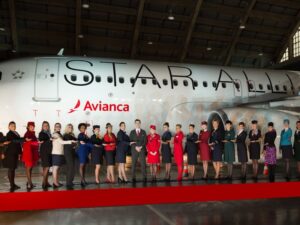
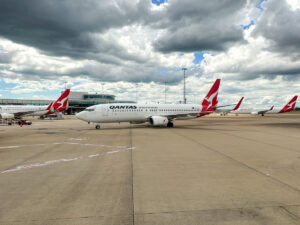
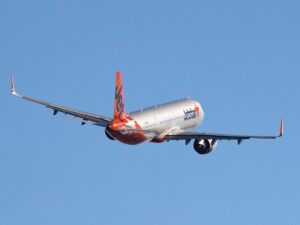

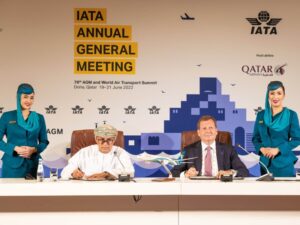

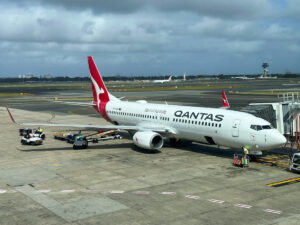




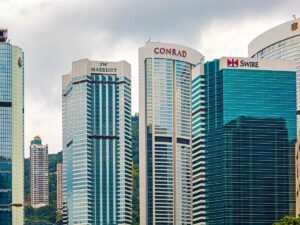







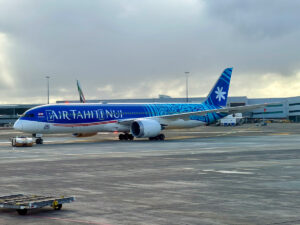
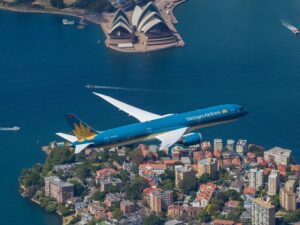
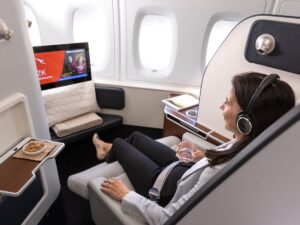













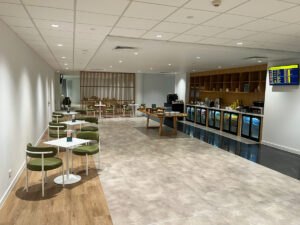
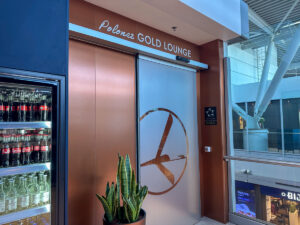



































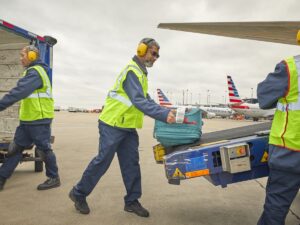
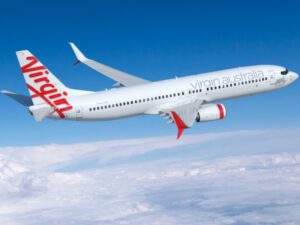






Community Comments
Loading new replies...
Join the full discussion at the Australian Frequent Flyer →